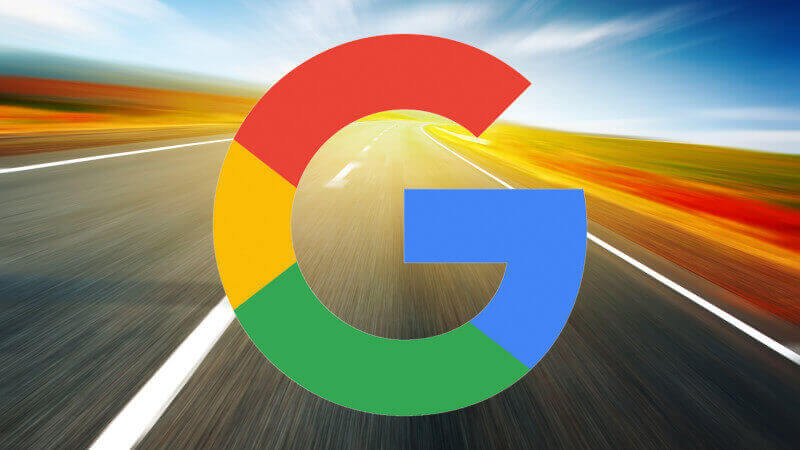
With hotel re-opening dates drawing ever-closer, hoteliers need a robust digital marketing strategy in place for the upturn.
NB: This is an article from Avvio
In order to increase your hotel’s brand awareness and enable you to compete effectively within your target market – it is an essential requirement. New tactics need to be trialled for what’s effectively a new market environment.
Hoteliers have to adapt to align.
One such tactic is available through metasearch; which continuously provides a strong ROI for hotels. Google Hotel Price Ads (HPA) has led the way due to the pricing’s prominent position in Google my Business listings and Google Map results.
In the first three weeks of June 2020, Google HPA provided an ROI of 72 to 1, based on booked revenue for Avvio properties. This extraordinary result is made possible given the recent market conditions; with the cost per click reducing across all advertising platforms. However, it’s inevitable that the cost per click will slowly return to normal.
This is why a recent announcement by Google delighted our digital team. They’re offering ‘commission on check-outs only’ on Google HPA. This is a revolutionary way to move forward by paying only for tangible check-outs, instead of clicks that may not convert, or bookings that may cancel.
What is Google Pay Per Stay?
‘Commissions (per stay) (formerly GHACP – Google Hotel Ads Commission Programme, also known as Pay Per Stay) is a bidding strategy for Hotel campaigns. This bidding strategy allows partners to pay only when the guest stay has actually occurred, removing any risk of cancellation for the partner.’ Source
Here’s what we know:
- Google HPA designed its newest bidding model to replicate commissions charged by OTAs. However, the key difference is with the commission model, hotels pay only for stayed reservations. As long as the booking is cancelled in your booking engine before the date of check-out, your property will not be charged for cancellations.
- This is currently the only digital marketing channel available with a bidding model based on check-out revenue. While other channels like Google Ads have tested various automated bidding strategies, none have approached this significance for the hospitality industry. The implications are huge: if this becomes a widely adopted trend it vastly reduces operating costs and eases the impact of cancellations.
- Currently, Google is offering generous support to the hospitality industry in the wake of COVID-19. Until July 31st, the commission model is available at just 1%, as their way of assisting the hospitality industry to advertise through the crisis. After July 31st, the standard percentage of 10% will be applied.
- It’s important to note, unlike previous bidding models on Google Hotel Price Ads, you cannot have different commissions per market.
- Another important aspect to consider is commission models have no budget cap. However, it’s unlikely any financial controller will complain about commission for tangible guests, with no fear of cancellation impacting ROI.
- While this is a new bidding model to be trialled, there is little risk involved. If at any time a property wants to return to their old billing model, this can be easily implemented.
- Hotels will continue to pay their metasearch bill once monthly. However, the key difference is your metasearch provider will reconcile cancellations from Google Hotel Price Ads before you ever receive your overall bill.
- All other metasearch channels remain on their prior bidding models; though there’s a strong likelihood that Trivago & TripAdvisor will develop similar check-out models soon.
- In order to trial this new model, tracking needs to be updated across your booking engine. As such, please allow up to 5 days turnaround time to update your Google Hotel Price Ad campaign.
One thing is abundantly clear; hotels need to adapt to evolve. By selecting the right tactics, your hotel can amplify your brand message and reduce your cost of sale.




